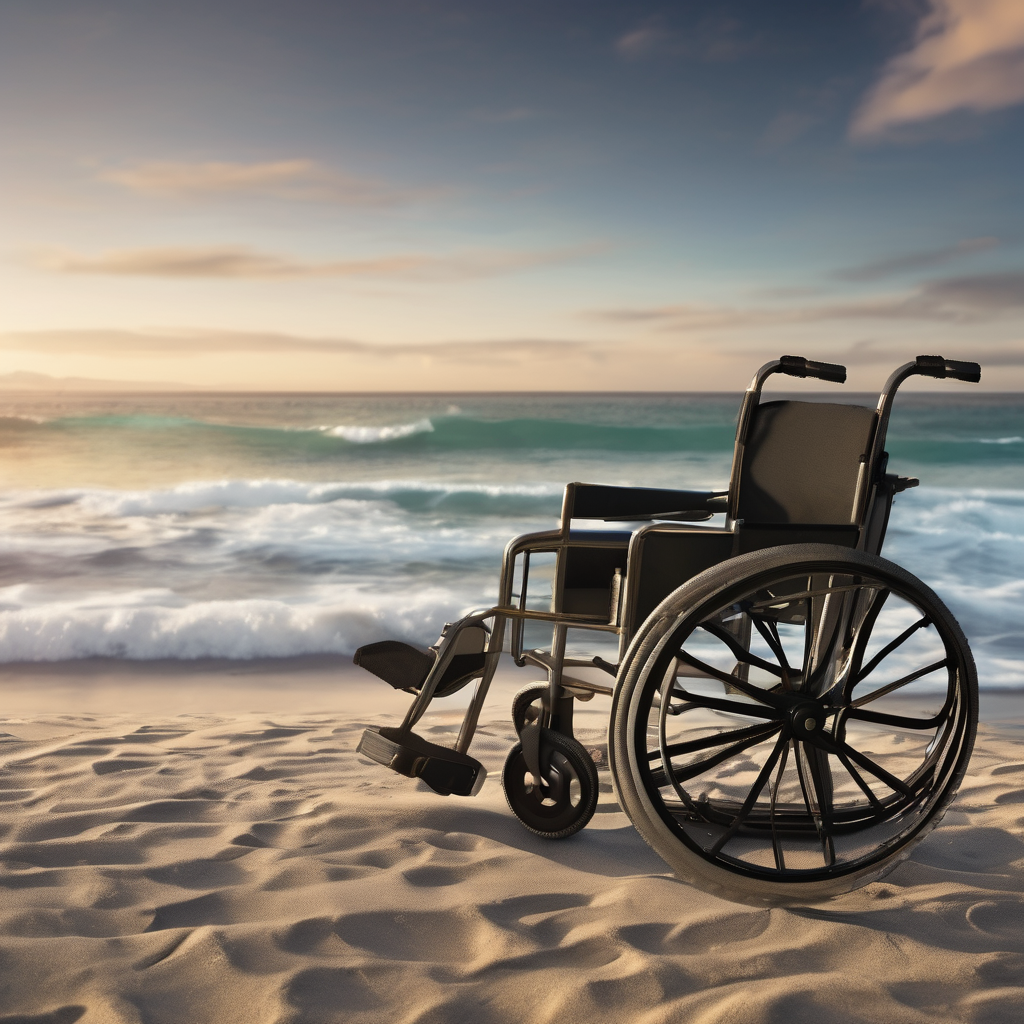The voices of 1.7 million Pacific Islanders with disabilities are calling for partnership and inclusion in the development of the 2050 strategy for the Blue Pacific Continent. Sainimili Tawake, the Chief Executive Officer of the Pacific Disability Forum (PDF), emphasized at a disaster risk management meeting in Palau that persons with disabilities should not merely be seen as beneficiaries but as key players in resilience strategies. She advocated for their active participation in designing, delivering, and monitoring disaster and climate actions.
Tawake highlighted that equity and inclusion are crucial and must permeate all levels of governance—political, institutional, and community. She outlined a comprehensive approach that includes enhancing legal and policy frameworks around disaster risk management, strengthening institutional capacities, and capturing the cultural realities faced by persons with disabilities both in peace and crisis situations.
A significant challenge remains the inadequate coordination among various organizations dealing with disaster risk reduction (DRR) policies, as well as the lack of decentralized data and financial resources dedicated to supporting people with disabilities during disasters. Furthermore, targeted social protection programs are absent, complicating efforts related to disaster preparedness and recovery.
Despite these hurdles, Tawake noted that the PDF is proactively collaborating with national DRM offices and various humanitarian partners to implement initiatives such as disability-inclusive resilience training in countries like Samoa, Tonga, and Fiji, providing tools for financial literacy for persons with disabilities in Kiribati and other nations.
She emphasized the necessity of measuring resilience through the lenses of equity and inclusion: “A valid Blue Pacific is one where persons with disabilities have an equal voice in governance,” she stated. Tawake reaffirmed the PDF’s commitment to working alongside governments and regional agencies to ensure that disability, equity, and inclusion form the bedrock of Pacific resilience.
As the Pacific Islands navigate the challenges posed by climate change and natural disasters, the call for inclusive strategies is not just a request for assistance but a bold assertion of the capabilities of persons with disabilities as integral members of their communities. The collaborative efforts highlighted by Tawake signal a potential shift toward a more inclusive future that values the input and agency of all Pacific Islanders, fostering resilience and solidarity across the region.
